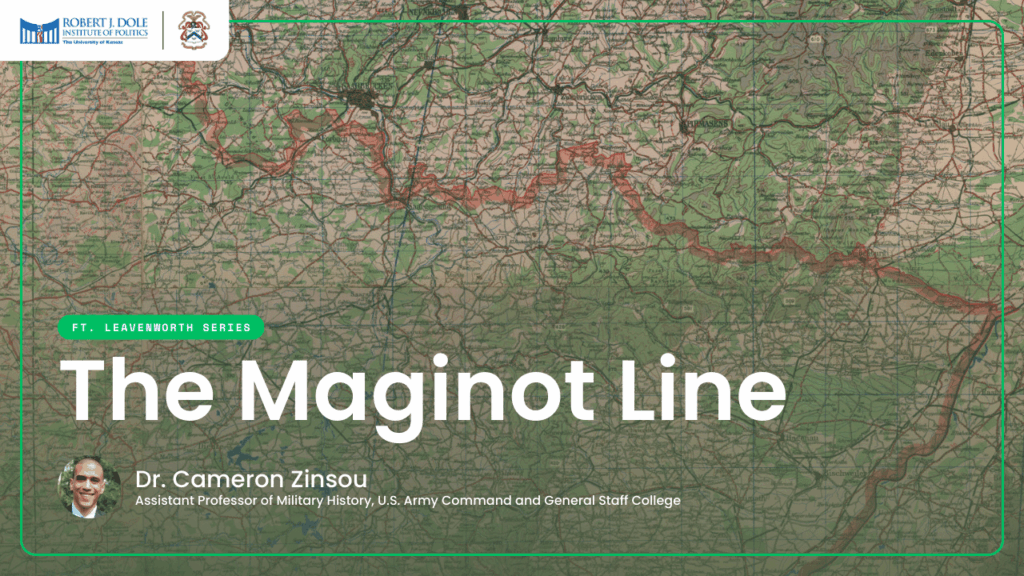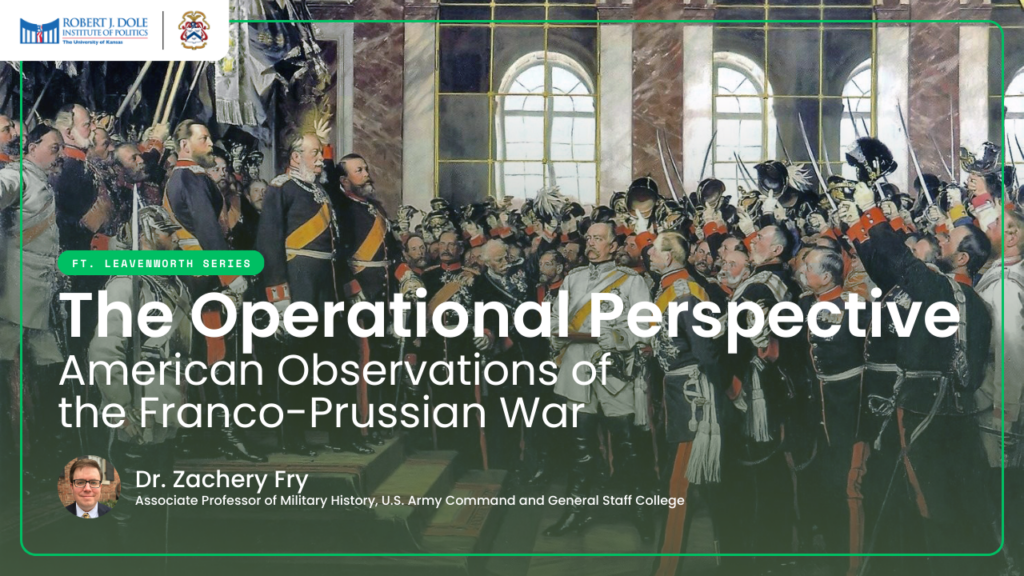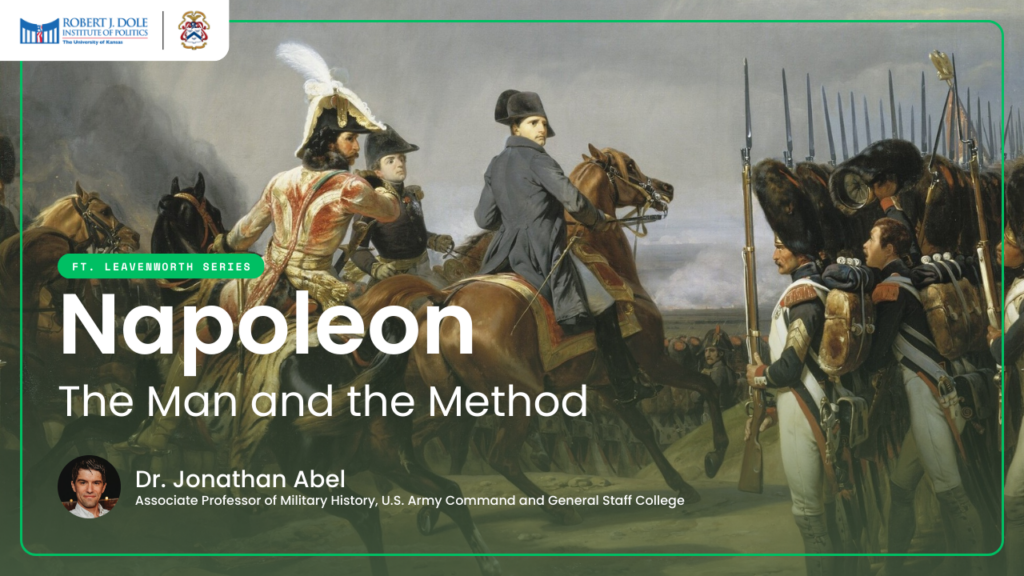
- This event has passed.
Mikhail Tukhachevsky, Soviet Theory, and Operational Warfare
July 1, 2021 @ 12:00 am
After WWII, many historians, as well as military theorists and leaders, focused on the German ability to restore mobility to warfare, especially at the operational level, in the early years of the war. Popularized as “Blitzkrieg,” the Germans were often portrayed as the pioneers of this new form of warfare—far ahead of all other nations in 1939-40. However, this view overlooks the tremendously far-sighted Operational doctrine of the Soviet Union that had reached a high degree of development. Building on some earlier Tsarist era examples (Suvorov, Brusilov), a crop of Soviet military leaders emerged from their own Civil with fresh ideas for the future of warfare. Along with other prescient theorists (for example, Frunze, Svechin, Triandifillov, and Isserson), Mikhail Nikolayevich Tukhachevsky developed a doctrine of the operational art that reached a high-point with the publication of the Red Army’s Provisional Field Regulations of 1936. The regulations posited a doctrine of deep battle far ahead of German doctrine at the time. Sadly for the Soviets, most of the great wave of new thinkers, to include Tukahchevsky, were executed in Stalin’s purges before WWII, and the doctrine was watered down.
Dr. Curtis S. King is an associate professor for the Staff Ride Team, Combat Studies Institute, Fort Leavenworth, Kansas. He graduated from the United States Military Academy in 1982 with a B.S. in History and English Literature. After various assignments, Dr. King returned to the Military Academy as an instructor in 1992. In 1998, he became a professor at the Combat Studies Institute (CSI). While at CSI, Dr. King received his Ph.D in Russian and Soviet history (1998) from the University of Pennsylvania and spent a 6-month tour in Sarajevo, Bosnia (1999-2000) as a NATO historian. Dr. King retired from the Army in May 2002. In October 2002, he was hired to the staff ride team of CSI as a civilian associate professor and is an adjunct professor at Kansas State University. He has published numerous articles and entries to edited works on a wide variety of military history topics.
Submit your questions for Dr. King to dolequestions@ku.edu for the question-and-answer portion of the program.
This special program will be live-streamed to the institute’s YouTube channel and to its website, www.doleinstitute.org. Due to continuing concerns regarding the novel coronavirus pandemic, the program will only be available online. Follow the Dole Institute on Facebook, Instagram, or Twitter for updates regarding this and future programming.


